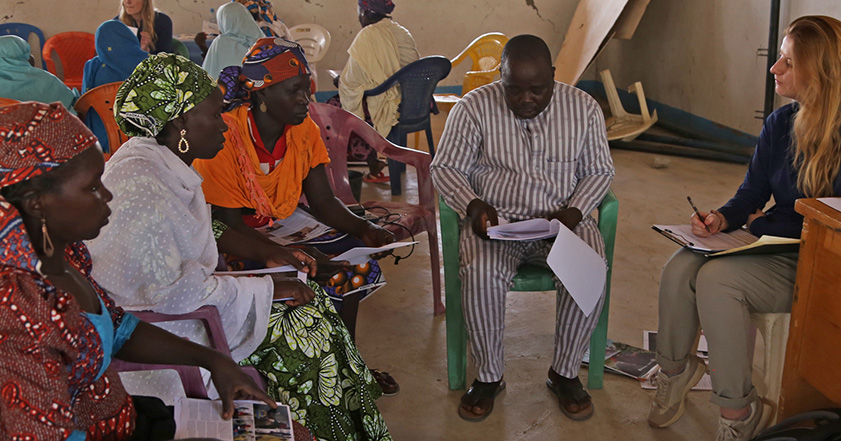In its 23 years, ShelterBox has grown and changed. What started as a small group of passionate volunteers has evolved into an international charity that supports people around the world. Our core mission has stayed the same – to ensure no one is without shelter after disaster.
In this blog we’re sharing 6 facts about ShelterBox, shedding light on our history and how we work.
1. ShelterBox was founded by a Rotary Club in Cornwall
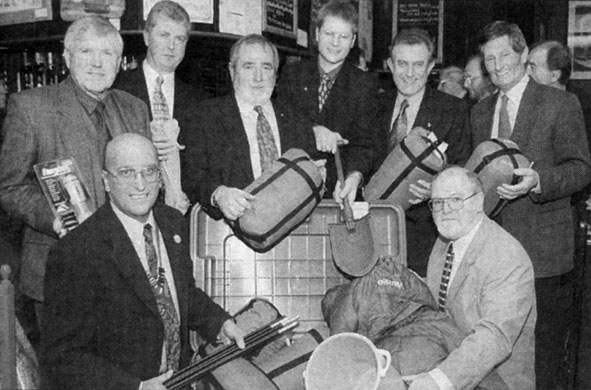
Our story begins with the Rotary Club of Helston-Lizard in Cornwall.
The Club members had the idea after watching the news, and wanting to do more for families left with nothing after disaster. They originally aimed to help 8 to 10 families a year by presenting them a box containing a tent and other aid items. ShelterBox quickly grew beyond these modest beginnings, and became a registered charity in 2003. Sticking with our Cornish roots, our main office remains in Cornwall, in the cathedral city of Truro.
Rotary remains an important part of the ShelterBox story. In 2012 we became Rotary’s official project partner in disaster relief. Rotarians also continue to raise vital funds to support our work, and provide support on the ground after disasters.
You can learn more about our partnership with Rotary International on our Rotary page. If your Rotary Club would like to support ShelterBox and our work, why not take part in our new Stock the Box Appeal?
2. We have aid positioned around the world so we can be there quickly after disasters
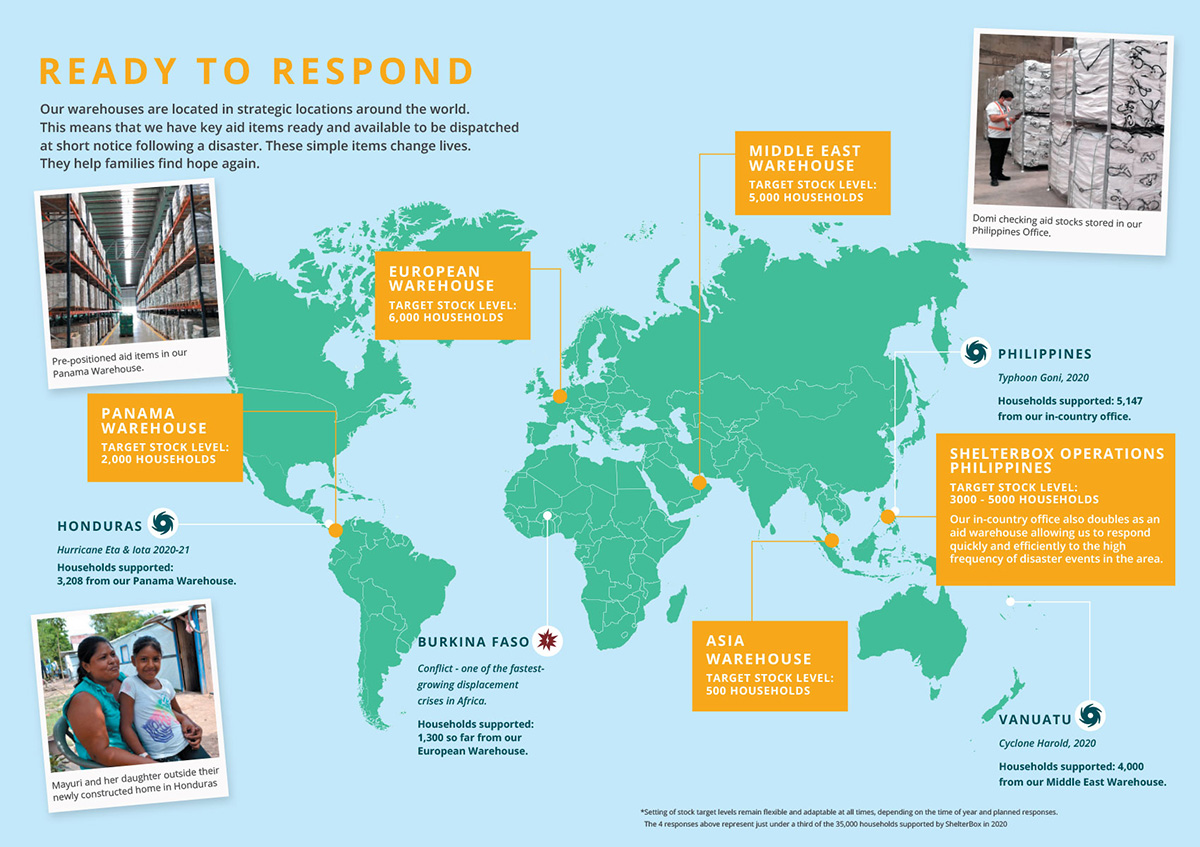
When disaster strikes, it is important for us to get aid to those who need it as quickly as possible. To support this we have five warehouses around the world. These warehouses, found in South America, Europe, the Middle East, Asia and the Philippines carry a stock of aid that can be deployed where needed. This allows us to respond far more quickly than if we stored all our aid materials in one place.
After major disaster responses these warehouses often need restocking, so we can be prepared for the next disaster. The generosity of our donors and fundraisers ensures this is possible.
3. We work closely with partners to provide the best support possible
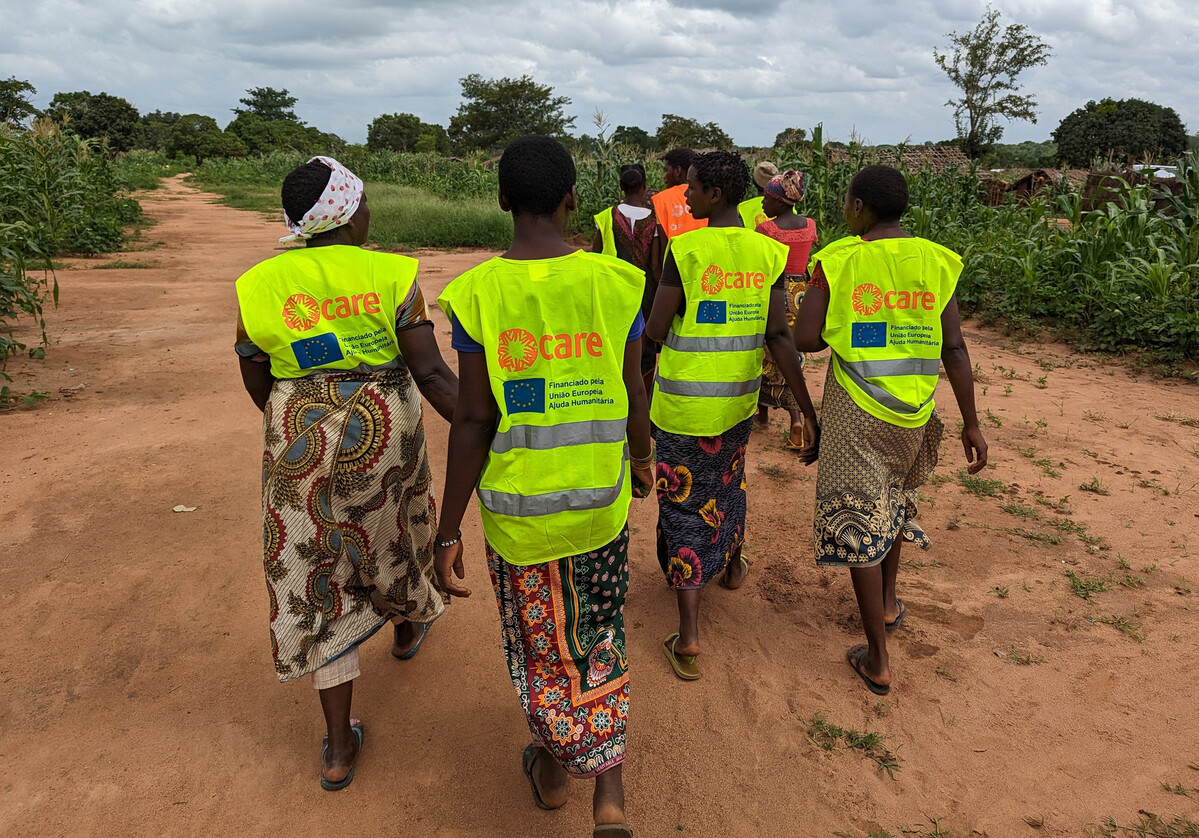
The organisations we work in partnership with make our work possible. We have always focused on building lasting relationships and powerful partnerships so we can support the people who need us in a way that is right for them.
As a shelter specialist, we understand the value of collaborating with other humanitarian and development organisations. It ensures our support is part of a holistic emergency response and contributes to long-term development. Through effective partnership, we enable local organisations to be better equipped to respond to crises in their countries, and we want to keep learning from them too. With partners that are local to the places where we are working, we can learn more about local conditions and what aid is the most appropriate.
4. We listen to the people we support to ensure we’re providing what they need
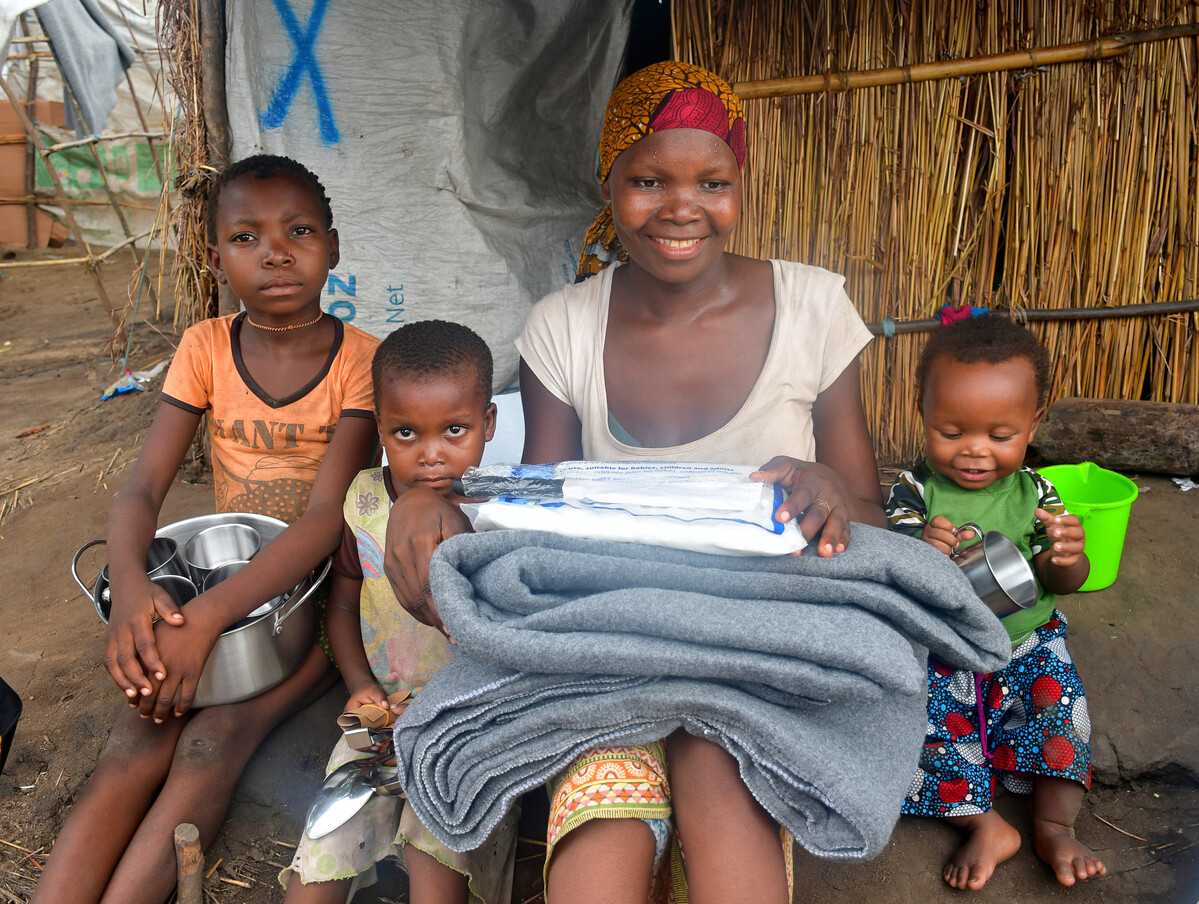
Getting the right aid to those who need it after disaster is not a simple matter. We need to ensure that we’re supplying the right materials at the right time. Each disaster is unique, and each response is unique.
As such it is important for us to listen to the organisations we partner with, as well as the people we help themselves. After each response we also evaluate the support we gave. This ensures that the people we supported have received what they need and provides guidance for future responses. By evaluating and gaining feedback from those we help, the types of aid we offer have evolved over time. People have and are experiencing various types of disaster, in different parts of the world, which will result in different needs and sorts of aid. Our aid has included tents, shelter kits, and working on locally appropriate shelters. These include Sahelian tents in Burkina Faso, and Iron Net shelters in Yemen. We have also started to offer other types of aid, including cash assistance.
We are also passionate about leading the way in ethical storytelling. We want to put the people we support, and the issues they face, at the heart of what we do. We share their stories on our website, and we recently were able to share our appeal back with the women who featured in it at Minawao Camp, Cameroon. You can learn more here.
5. You can learn about other cultures and countries with ShelterBox – from home
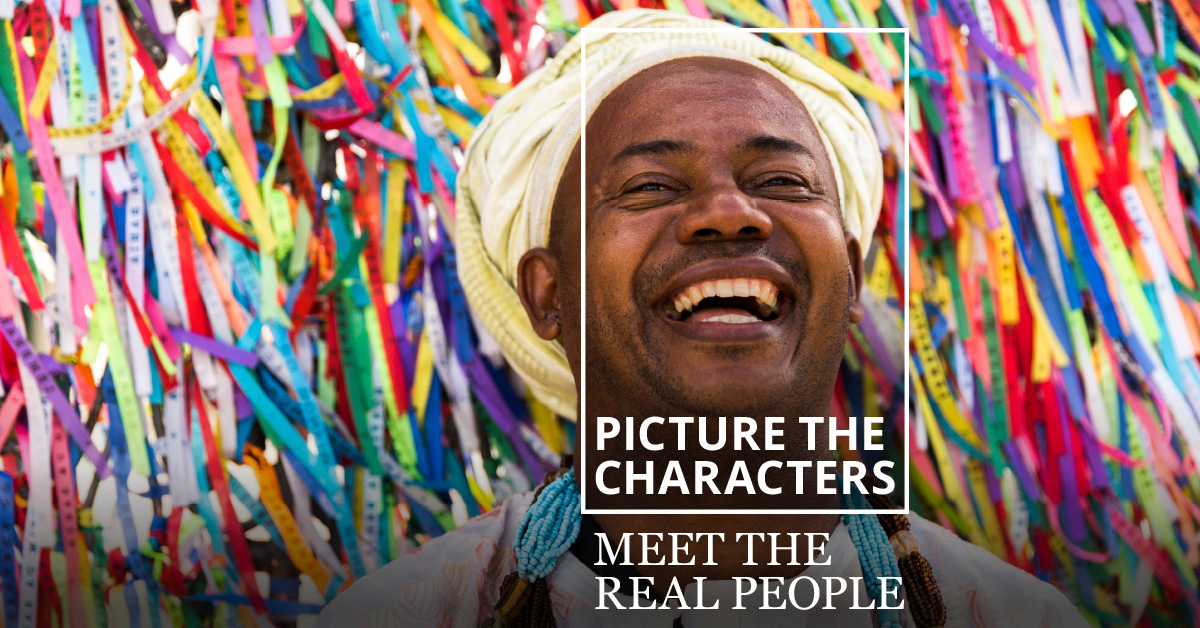
The ShelterBox Book Club is a fun and educational way to support our work. For a monthly payment our Book Club members get to regularly vote from a choice of three books to read. Every six weeks a copy of the winning book arrives through the post. Our members can also take part in online discussions and exclusive experiences such as Q&As with the authors.
The books included in the club share stories inspired by the places where ShelterBox has worked. It’s a great way to discover more about other cultures and countries. And, of course, by being a member of our book club you are supporting our work.
Learn more about our book club on our website, as well as discovering interviews with authors such as Patrick Gale, Joanne Harris, Kate Atkinson and Stephen Fry.
6. Our fundraisers always discover new ways to inspire us
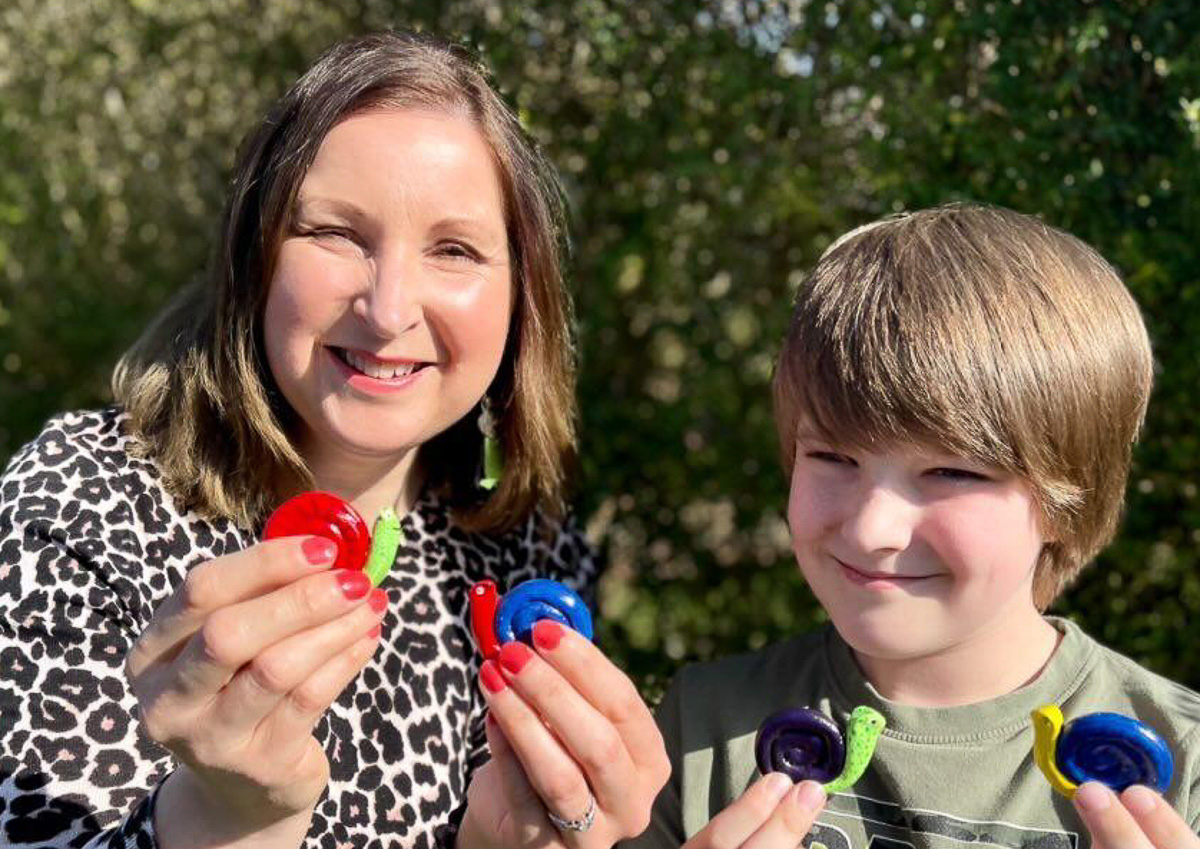
We are entirely reliant on donations to continue our work to help those impacted by disaster. As such, we love how our fundraisers keep coming up with wonderful ways to raise some much needed funds. They have done everything from running marathons to epic walks and parachute jumps. A number of our younger supporters have also come up with their own ways to fundraise for us. These have included 11 year old Bingham, who has been selling his book collection online; Toby, a five year old who aimed to write letters to every country in the world; and Thomas, who was inspired to create Shelter Snails and sell them online to support our work in Ukraine. Discover more wonderful fundraising stories here.
Sadly, disasters don’t stop. Neither do we – but we can’t be there for the people who need us without the support of our donors and fundraisers.
If you believe that everyone deserves shelter after disaster strikes, then please consider fundraising for us. You can find inspiration here!

